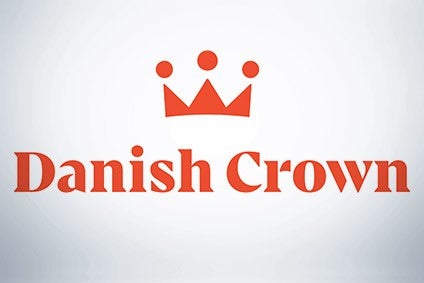
Pork processor Danish Crown has increased next year’s investment budget by a quarter, with one project earmarked to expand capacity at a site in Germany making ham toppings for pizza.
The Denmark-based business is putting up DKK2bn (US$322m), compared to the DKK1.6bn invested in the business last year, with a key focus on automation to “further improve working conditions and to future-proof production”.

Discover B2B Marketing That Performs
Combine business intelligence and editorial excellence to reach engaged professionals across 36 leading media platforms.
A German facility in the town of Dinklage, Lower Saxony, will be a recipient of a “major investment” through the company’s Toppings division to raise production of ham used in pizza, notably pepperoni, after Danish Crown said it had captured more market share in the category in Europe in “recent years”.
Other investment announcements relate to its domestic market.
An abattoir in Horsens will also see investment to install a “new multi-million kroner robot” system for the palletising area.
Another abattoir in Blans will get new cutting equipment and upgraded facilities for employees, while its slaughterhouse in Ringsted will see a new production line for minced meat for export to Japan.

US Tariffs are shifting - will you react or anticipate?
Don’t let policy changes catch you off guard. Stay proactive with real-time data and expert analysis.
By GlobalDataSøren Eriksen, the CEO of Danish Crown’s pork division, said: “In Ringsted, we will invest in a new set up that will produce exclusively for Japanese customers, which will create 30-40 new jobs, because in addition to the necessary manpower to operate the facilities, we also need more people in the deboning department to secure enough raw materials for production.”
Danish Crown said part of the capital investment will also go toward reducing the company’s environmental impact with a goal to “halve the group’s climate footprint by 2030, and, the vision is to be climate neutral by 2050”.
Group CEO Jais Valeur said: “It is crucial for us to keep investing decisively in our production facilities through continued automation. This is the way to enhance both the working environment and our competitiveness, which in turn is the way to secure jobs.”





